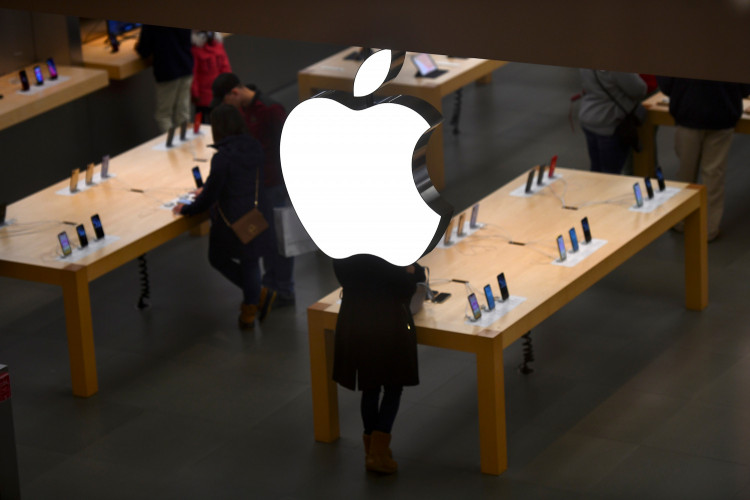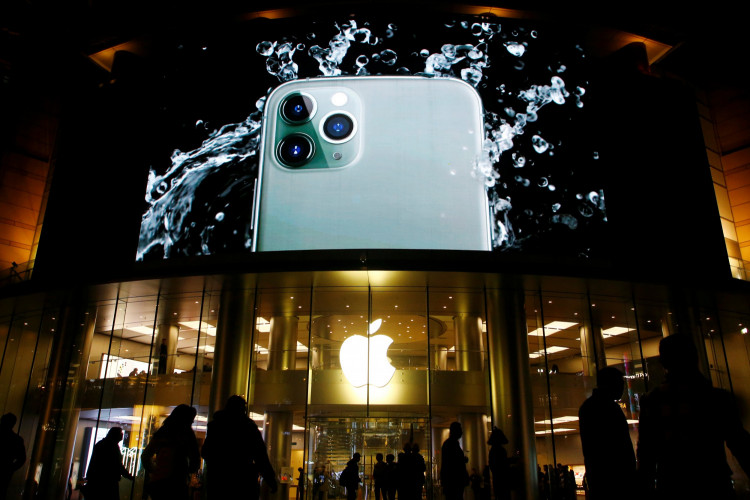One wish for the rumored iPhone 12 that Apple would most likely fulfill is the discontinuation of the notch, meaning the next iPhone could unbox with a glorious full screen. On top of that, it is believed that Apple's flagship bet in 2020 will boast of 5G connectivity and longer battery life at the same time.
Recent reports have indicated that Apple will make a 5G-capable model for the iPhone series that will replace the current line. However, the inclusion of the feature could create a big problem for Apple engineers - the battery for the upcoming device will likely get drained easily due to the superfast wireless connectivity.
This, according to WCCFTech, will be addressed with the use of so-called "ultra-small capacitors" that chiefly will function as heat dissipaters.
"The thermal solution will be necessary to dissipate the large amounts of heat generated by the 5G modem as well as to provide increased battery life when a user is connected to a 5G network for longer hours," the report said.
The added benefit of using these capacitors, said to measure 0.25mm by 0.125mm, is they free up space inside of the device. For the iPhone 12, that would mean Apple can squeeze in a battery pack with higher capacity.
This innovation, when applied to the next-generation iPhone, will ensure that the device can take in the best technology available while having a larger battery for longer operating hours.
Now on the aesthetic side, it's quite possible that in time for the iPhone 12 release the polarizing notch on the front display will finally disappear. The reason for this is Apple will supposedly employ a new biometric technology that will bring back Touch ID or Apple's fingerprint reader.
The new version will be embedded on the next iPhone's display, and according to MacRumors, Apple is working with Qualcomm to deliver the feature upgrade as early as next year.
"Qualcomm director Gordon Thomas reportedly disclosed that the company plans to create even larger under-display fingerprint sensors than the one used in Samsung's latest smartphones, with an eventual goal of developing a sensor that works across virtually the entire display," according to the report.
It follows that if the enhanced Touch ID makes its way back next year, the iPhone 12 will arrive with a radically designed front panel as the notch would be consigned to history.
The report, however, did not mention how the iPhone front-located sensors will be reconfigured or relocated in the event that the full-screen solution will be applied.
Apple is thought to be already working on three new models that will replace the iPhone 11 series and all units will make use of OLED display panel. A fourth variant is said to be in the pipeline as well and it will be distinct due to its support of 5G network.







